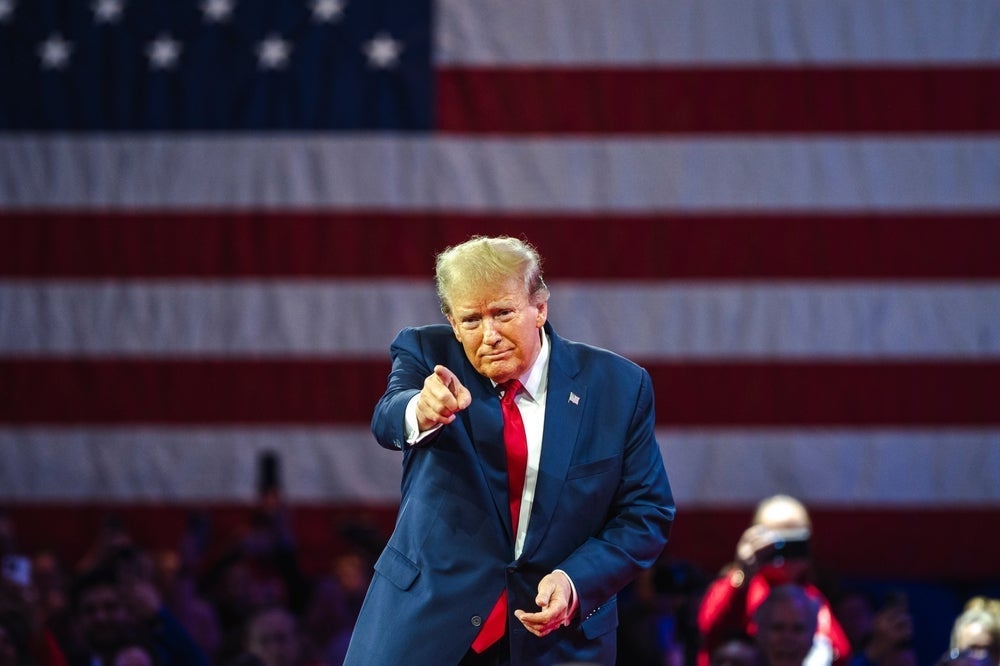While Russia’s invasion of Ukraine has historic parallels, the role of Big Tech firms has been unprecedented in the conflict. Technology companies have been proactive in assisting Ukraine and punishing Russia. However, in some cases, this intervention risks catalyzing the splinternet—i.e., the increasing fragmentation of the internet—thus exacerbating the existing information shortfall.
Tech as a force for good
Ukrainian president Zelenskyy—along with other ministers—has mobilized platforms such as Twitter to enlist the help of technology companies and many have heeded the call. Pictures of a lorry full of Starlink dishes, which provide a satellite internet connection, emerged online after Ukraine’s deputy minister requested assistance from the SpaceX CEO, Elon Musk.
Microsoft announced that it was helping cybersecurity officials in Ukraine combat Russian cyber-attacks by providing threat intelligence and defense tactics. Microsoft also alerted Ukraine’s cyber-defense authority to a new form of malware aimed at the country’s ministries and financial institutions. Within hours of detection, Microsoft had updated its detection system to block the code.
Big Tech is increasingly intervening in geopolitics
The role of technology companies has taken on a new dimension. In addition to the sanctions deployed by national governments, tech firms have emerged as extra geopolitical actors capable of actively punishing a global power for a military campaign.
As a demonstration of support for Ukraine, tech vendors are increasingly suspending their business in Russia. The number of tech companies cutting ties with the country is growing and now includes Accenture, Cisco, Oracle, Dell, Microsoft, and TSMC (semi-conductors), among many others. This form of protest from companies is aimed at the foundation of Russia’s IT infrastructure and will have far-reaching consequences for ordinary Russians.
Apple is a particularly pertinent example, with its position on the conflict affecting multiple dimensions of its business. The company has made its stance on Russia’s invasion clear. It has halted the sale of its products across the country, suspended advertising on its App Store in Russia, and paused its Apple Pay services.
How well do you really know your competitors?
Access the most comprehensive Company Profiles on the market, powered by GlobalData. Save hours of research. Gain competitive edge.

Thank you!
Your download email will arrive shortly
Not ready to buy yet? Download a free sample
We are confident about the unique quality of our Company Profiles. However, we want you to make the most beneficial decision for your business, so we offer a free sample that you can download by submitting the below form
By GlobalDataGeopolitics has always been a pressing concern for the company, with GlobalData’s company filing analytics database showing geopolitics to be Apple’s third-most mentioned theme between 2016 to 2021 based on company documents. However, in light of Russia’s invasion of Ukraine, geopolitics has taken center stage for the company, becoming the most mentioned theme within Apple’s company filings in 2022 so far.
Solidarity or the splinternet?
While tech firms’ intervention represents a powerful show of solidarity, the decreased access to reliable information and technology heightens insularity, arguably catalyzing the advent of the splinternet.
For example, social media platforms have taken some of the most drastic actions. Meta recently announced that it would allow those affected by the war to post various forms of violent speech. The amended policy would allow calls for violence against Russian President Putin, Belarusian President Lukashenko, and invasive Russian forces.
While the move provided a space for Ukrainians to voice their sentiments, the policy change triggered an almost immediate blocking of Meta’s platforms by Russia due to accusations of inciting extremism. Although Russian civilians will be able to access the platform through a VPN, varying levels of digital literacy may mean that many Russians become siloed within state-owned media and propaganda. In addition, the blocking of Meta and Instagram may hamper Russian protestors’ abilities to mobilize against the military campaign.
While tech firms can play a valuable role by showing solidarity with Ukraine, companies should be wary of inadvertently justifying the splinternet. Careful consideration from companies is required to ensure that they do not help to create a digital ‘Iron Curtain’.







Related Company Profiles
Apple Inc
Accenture Plc
Oracle Corp